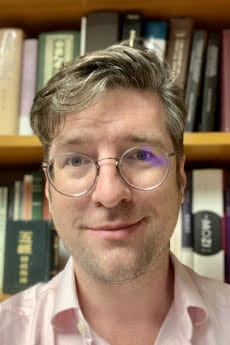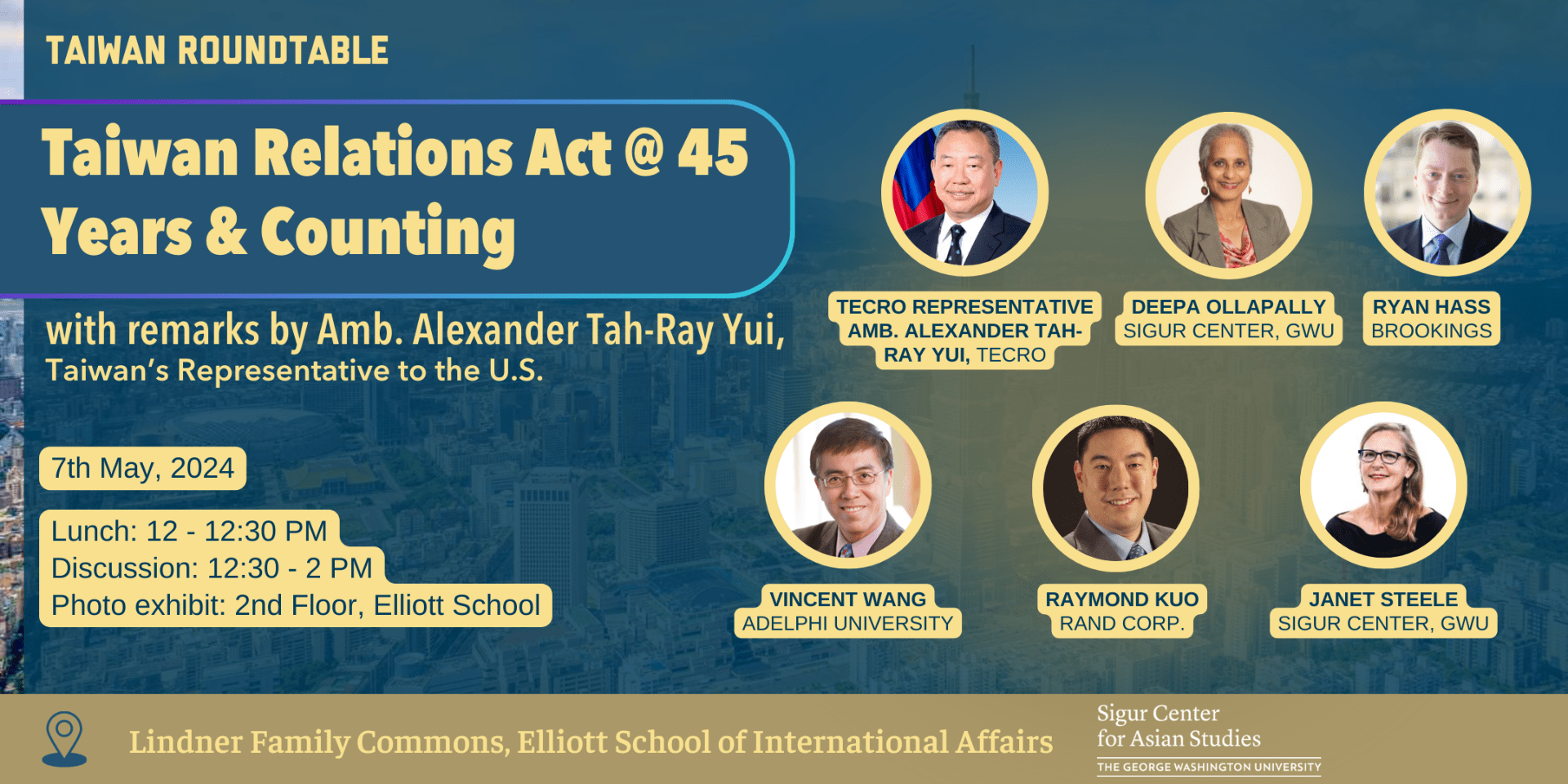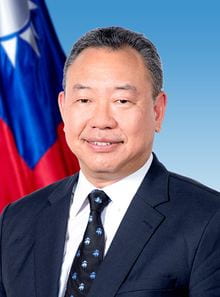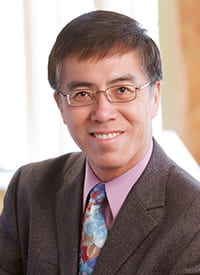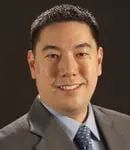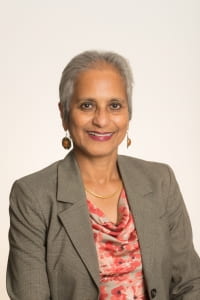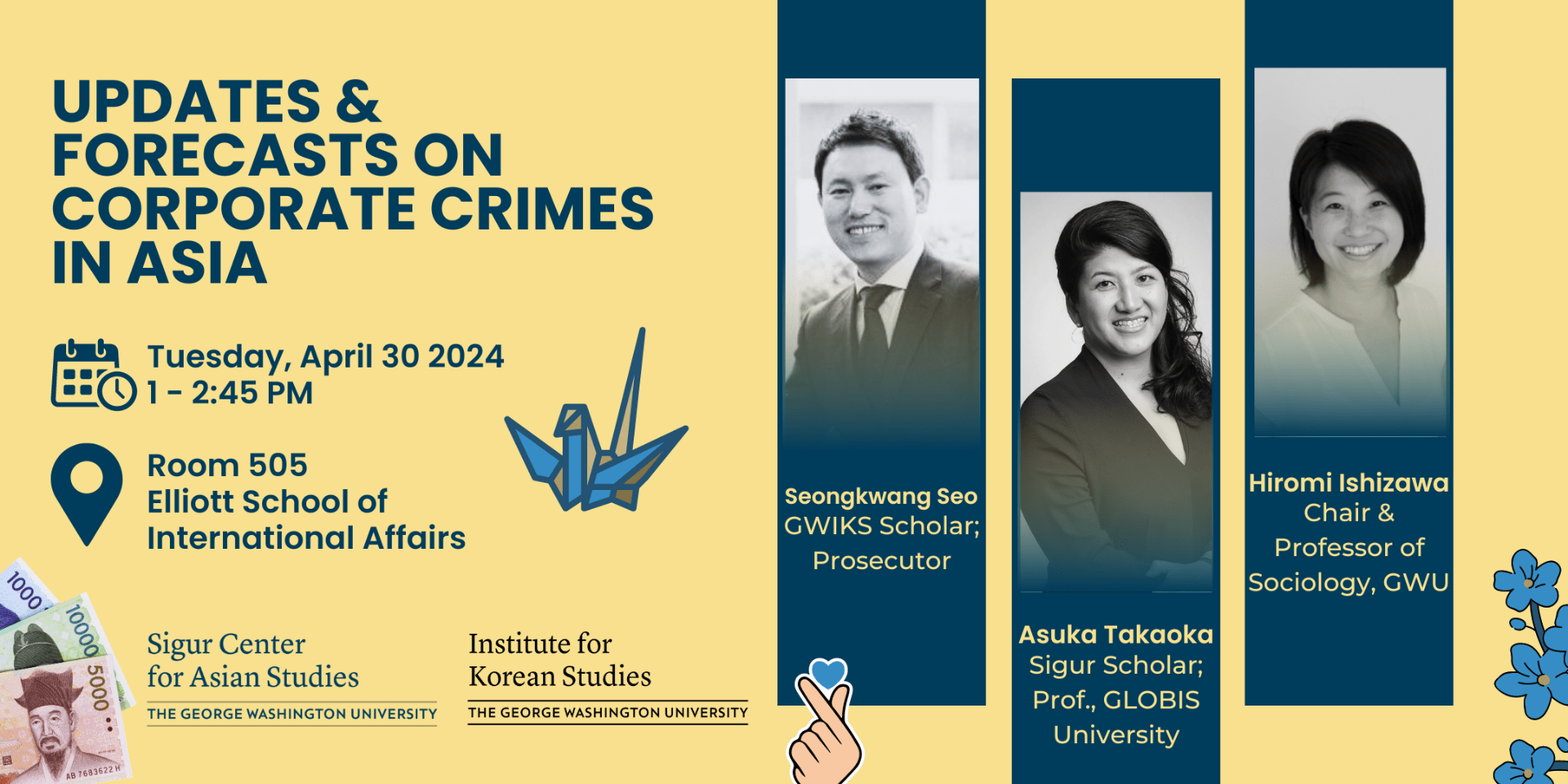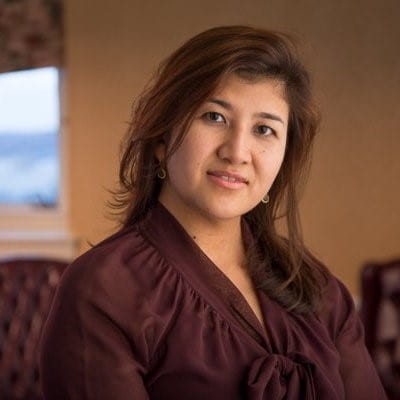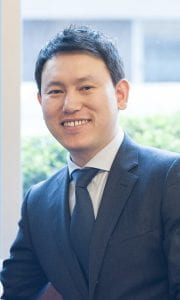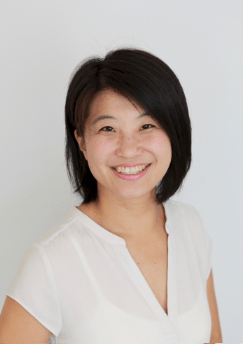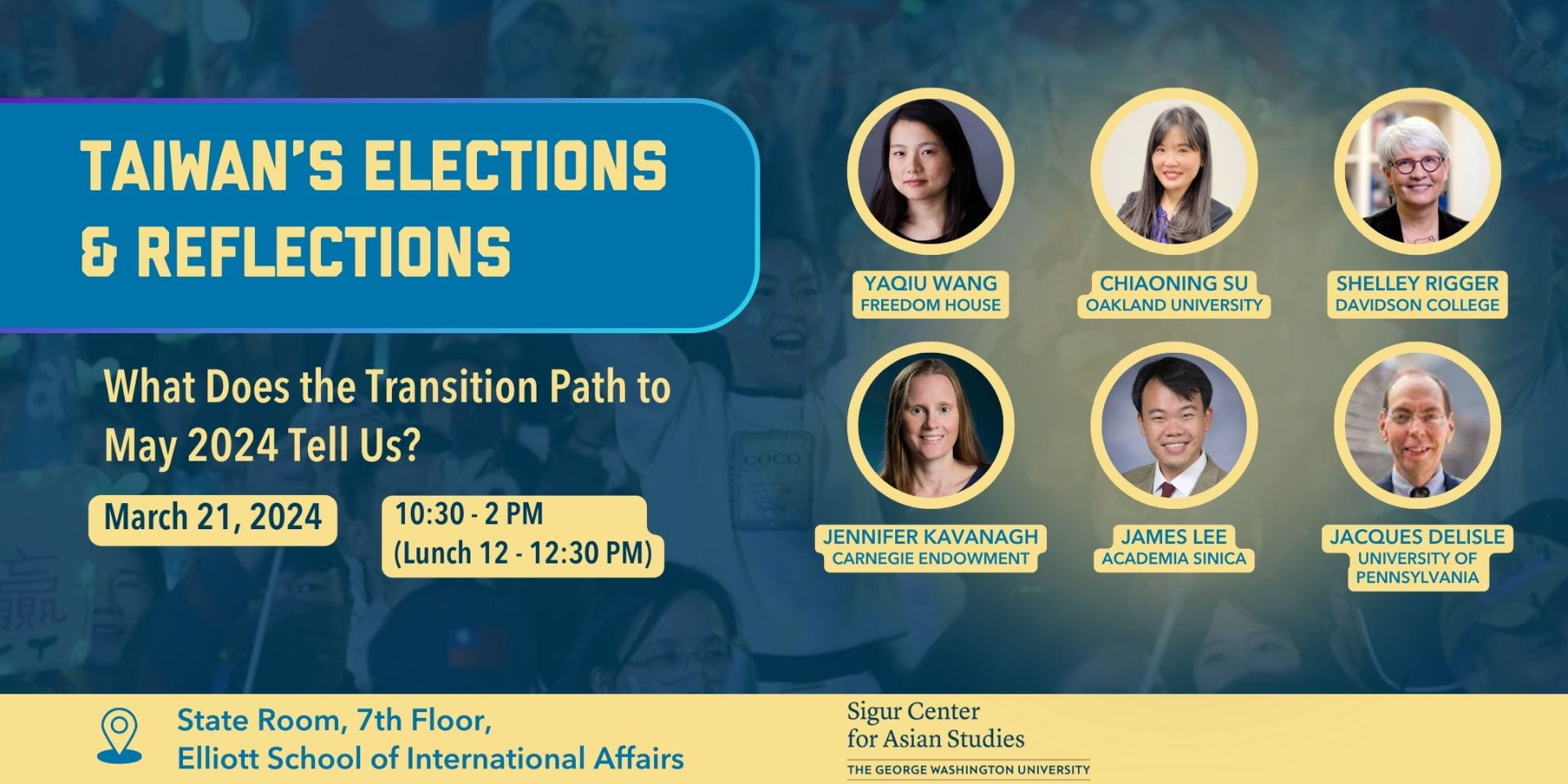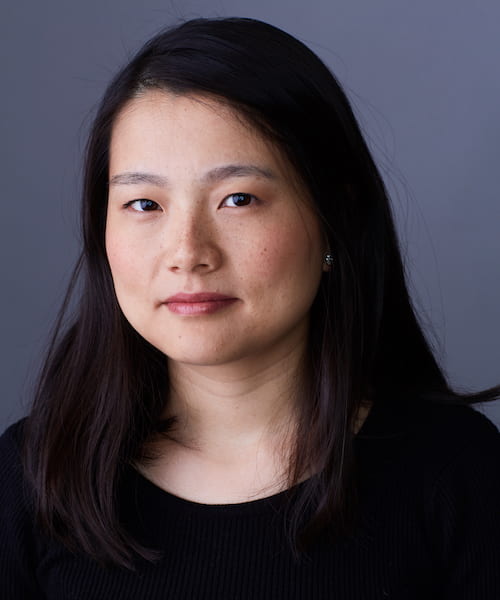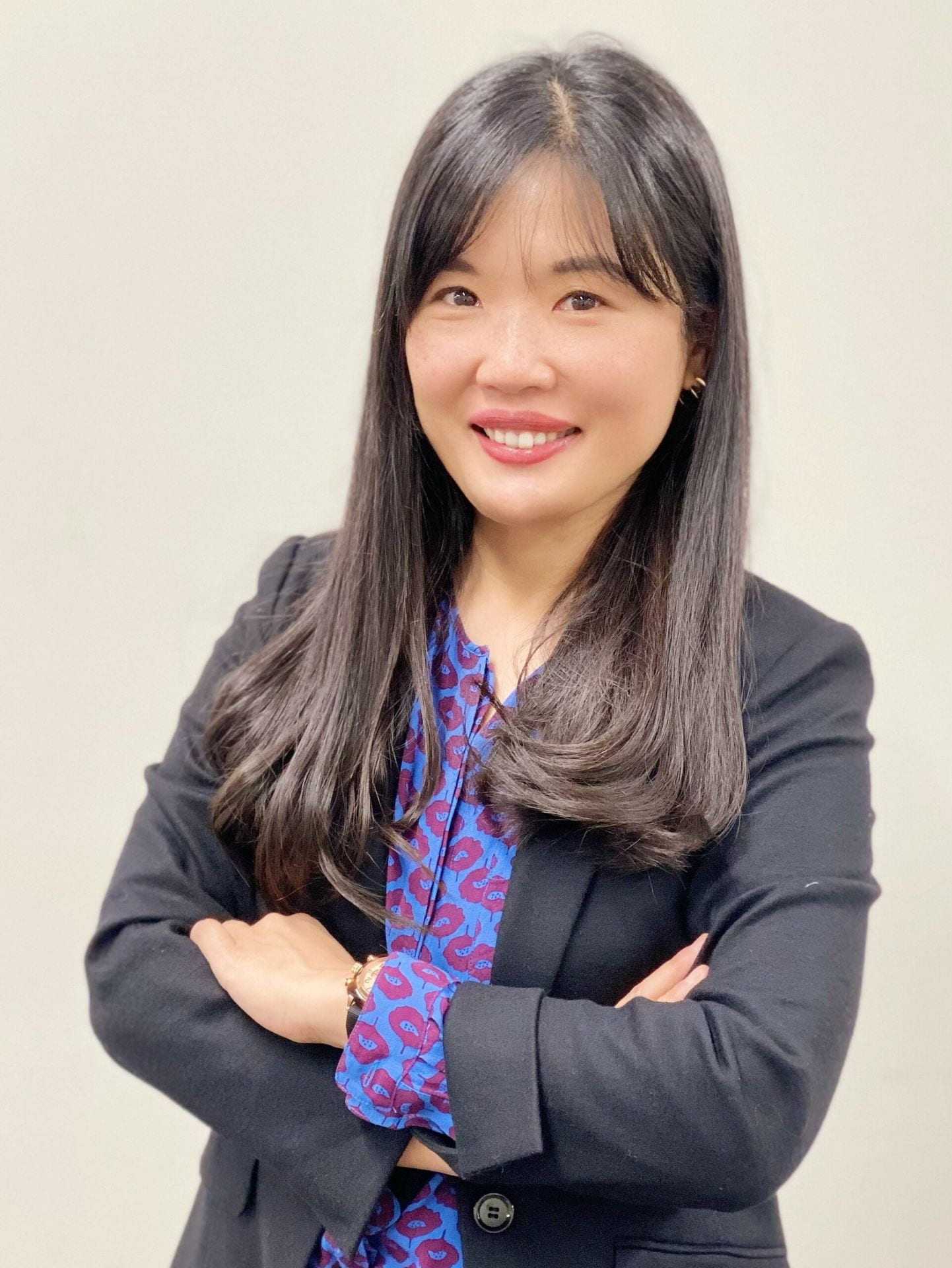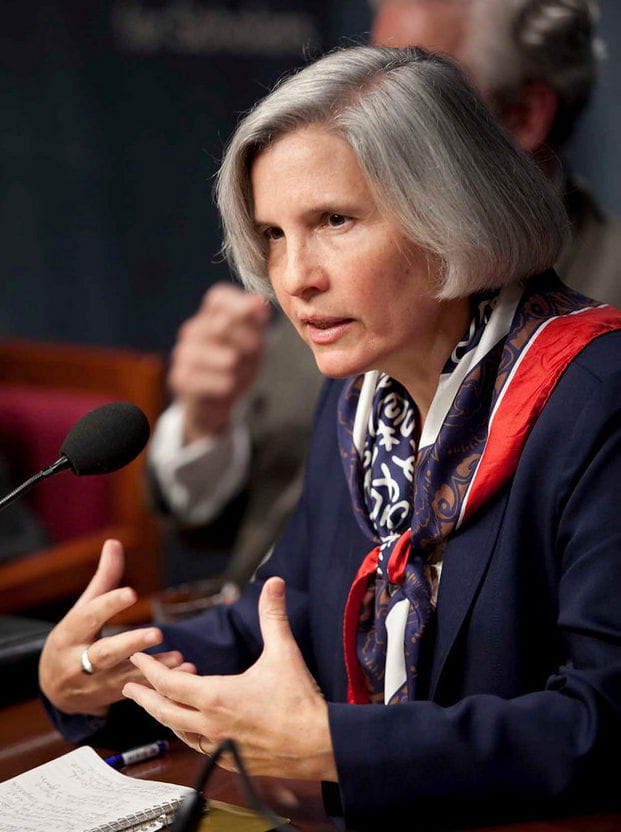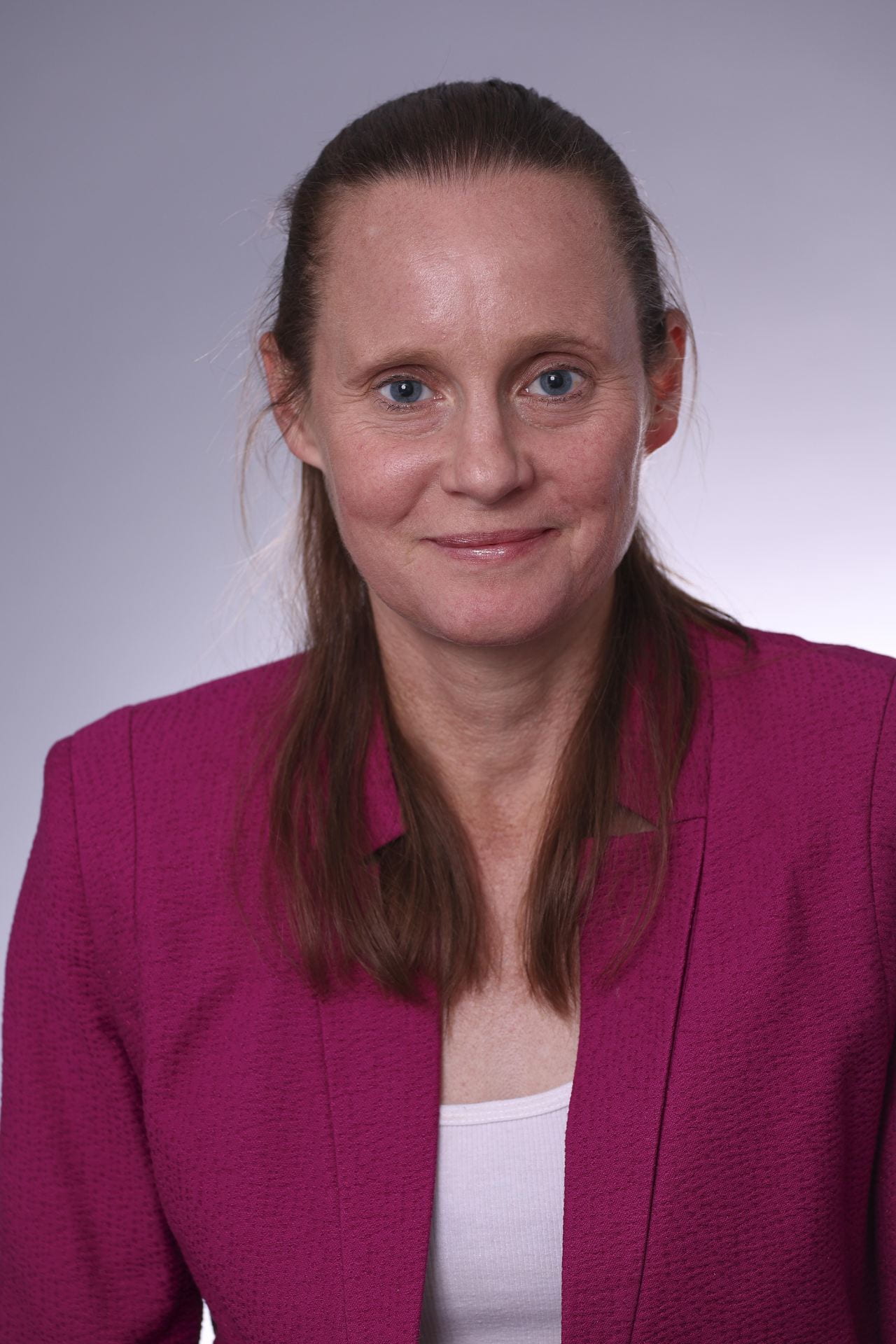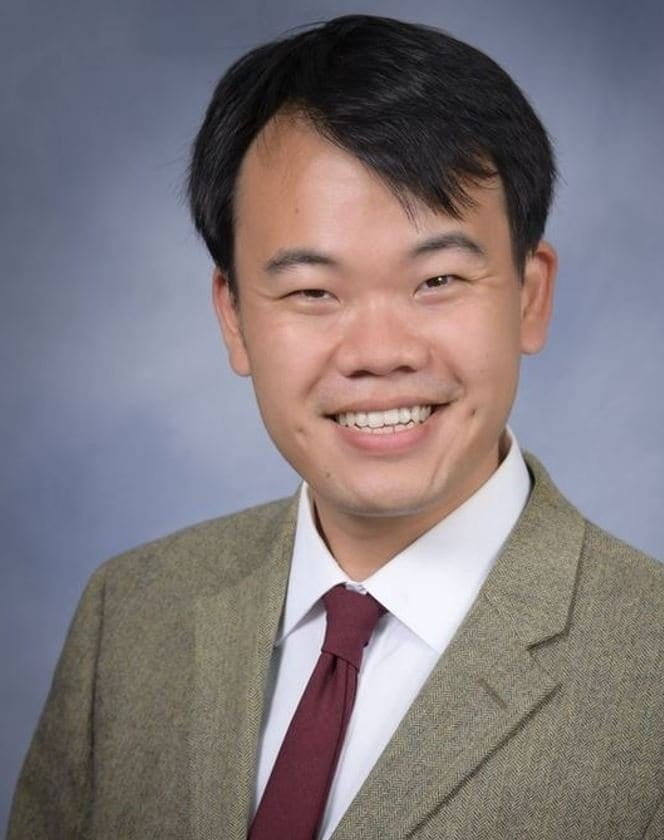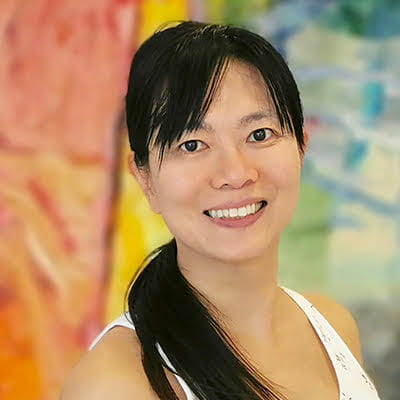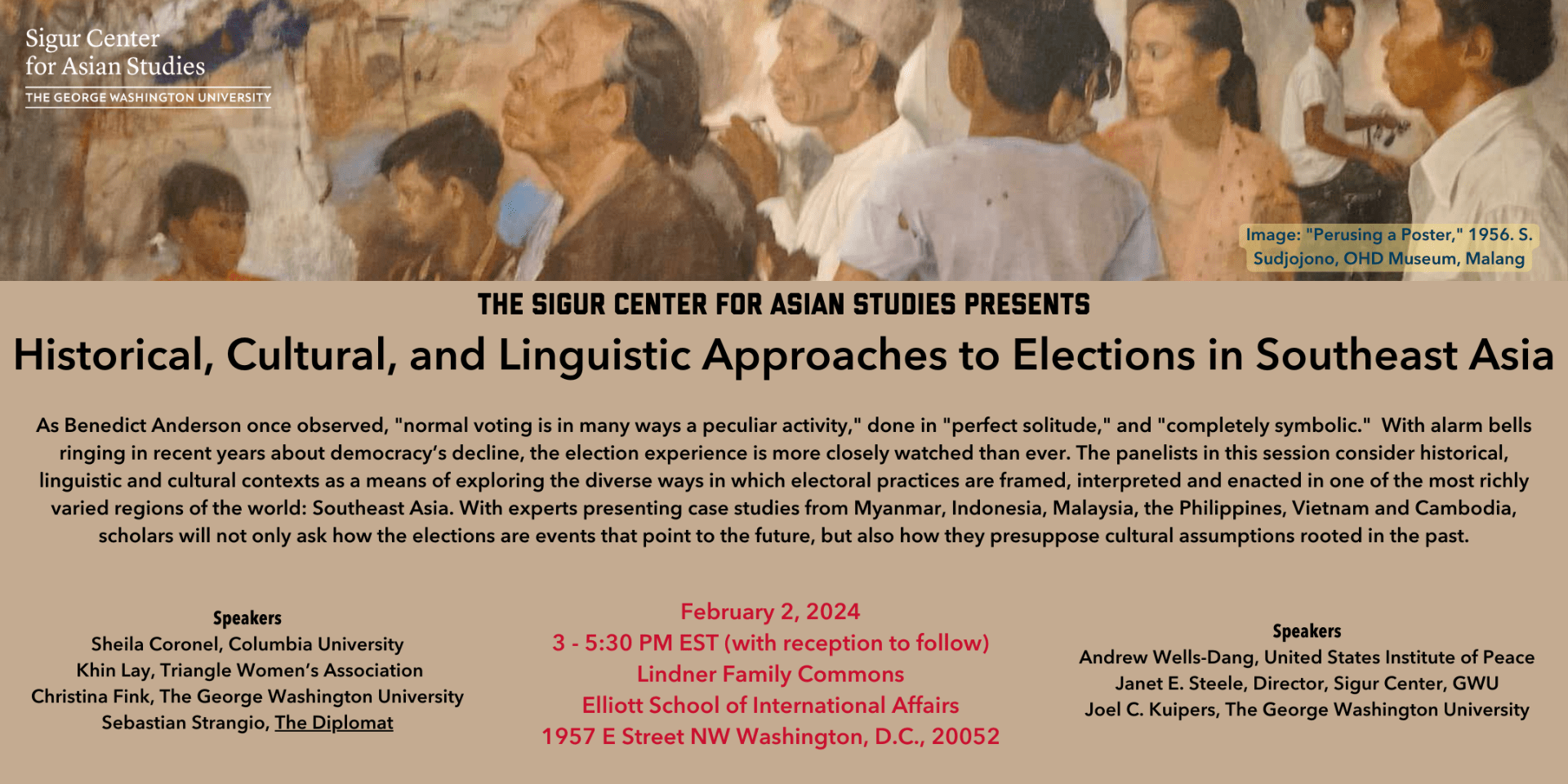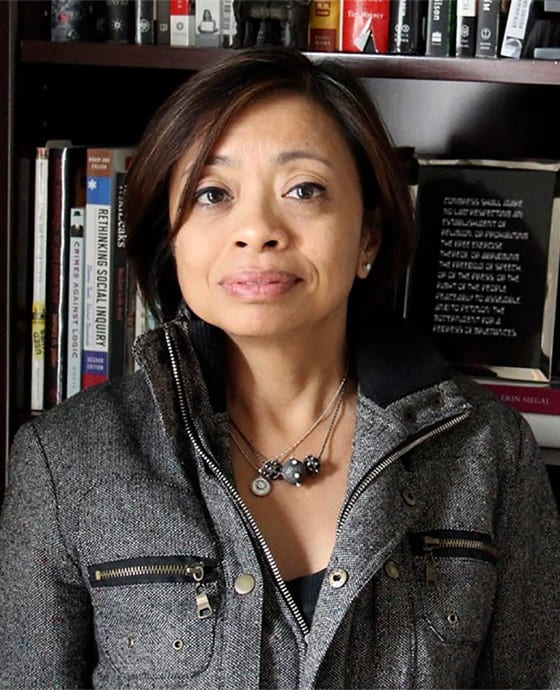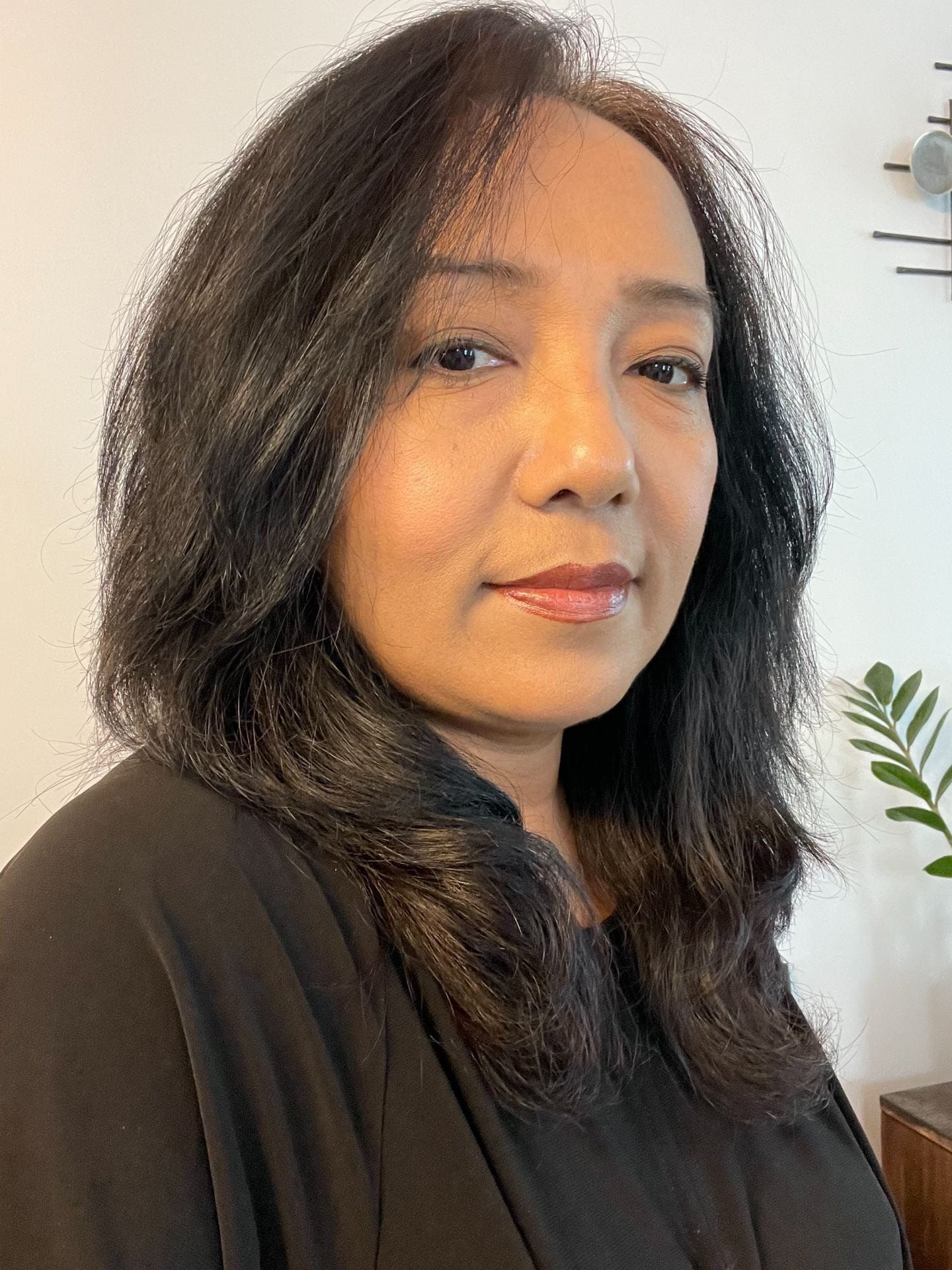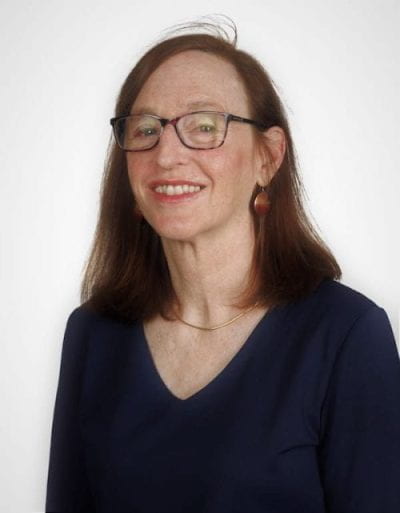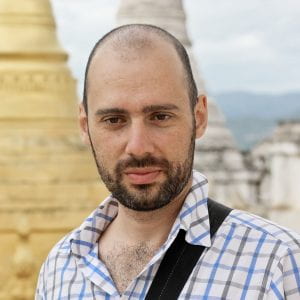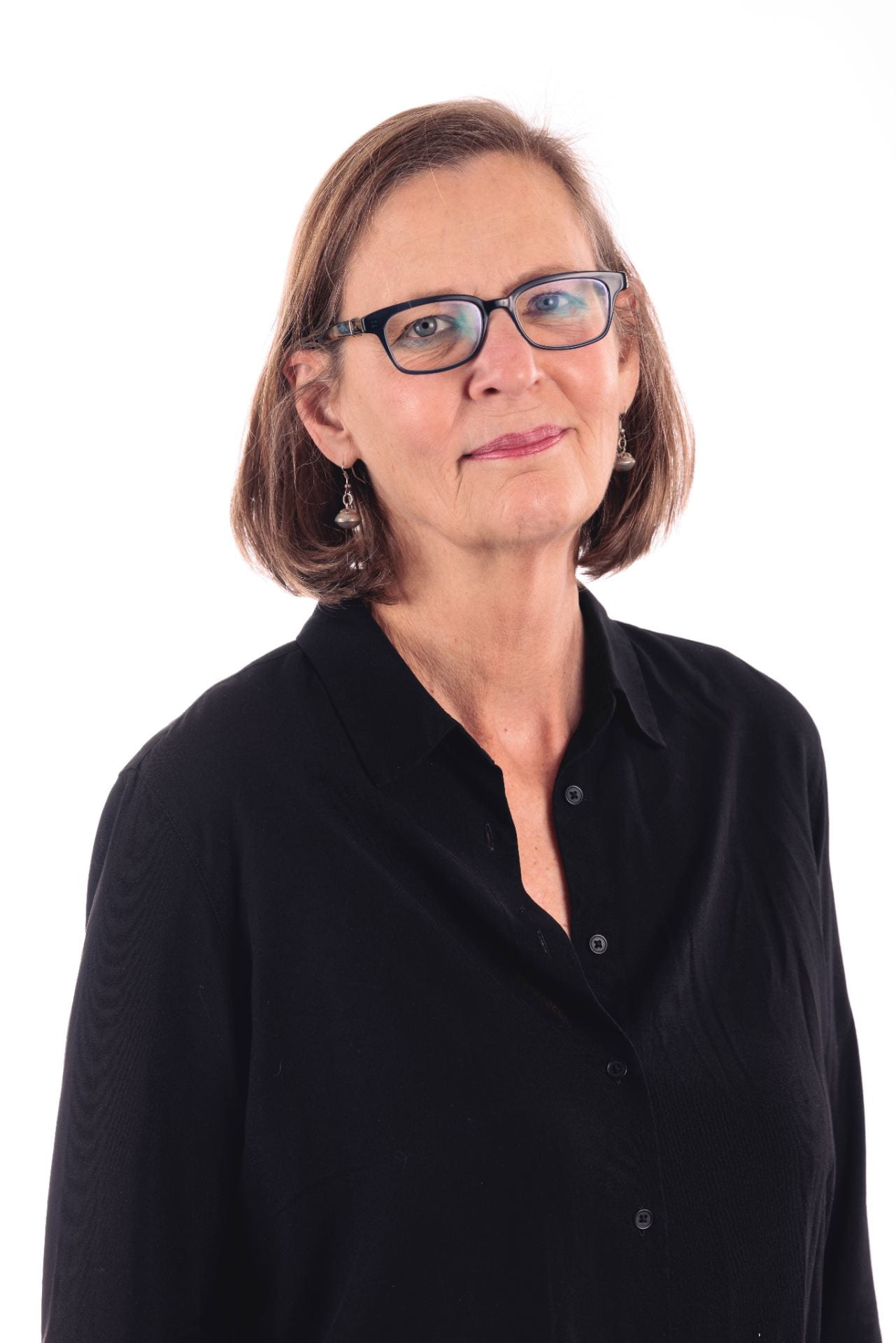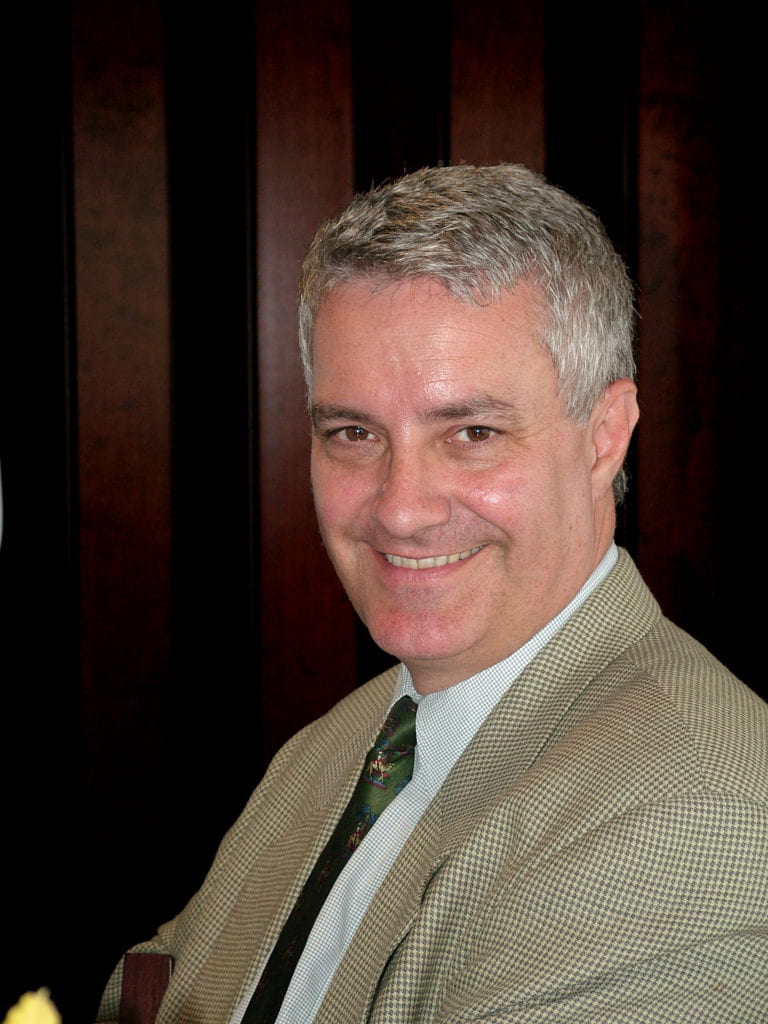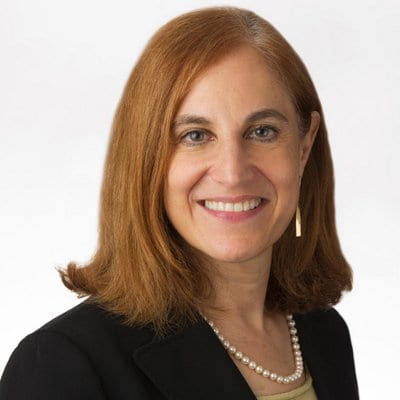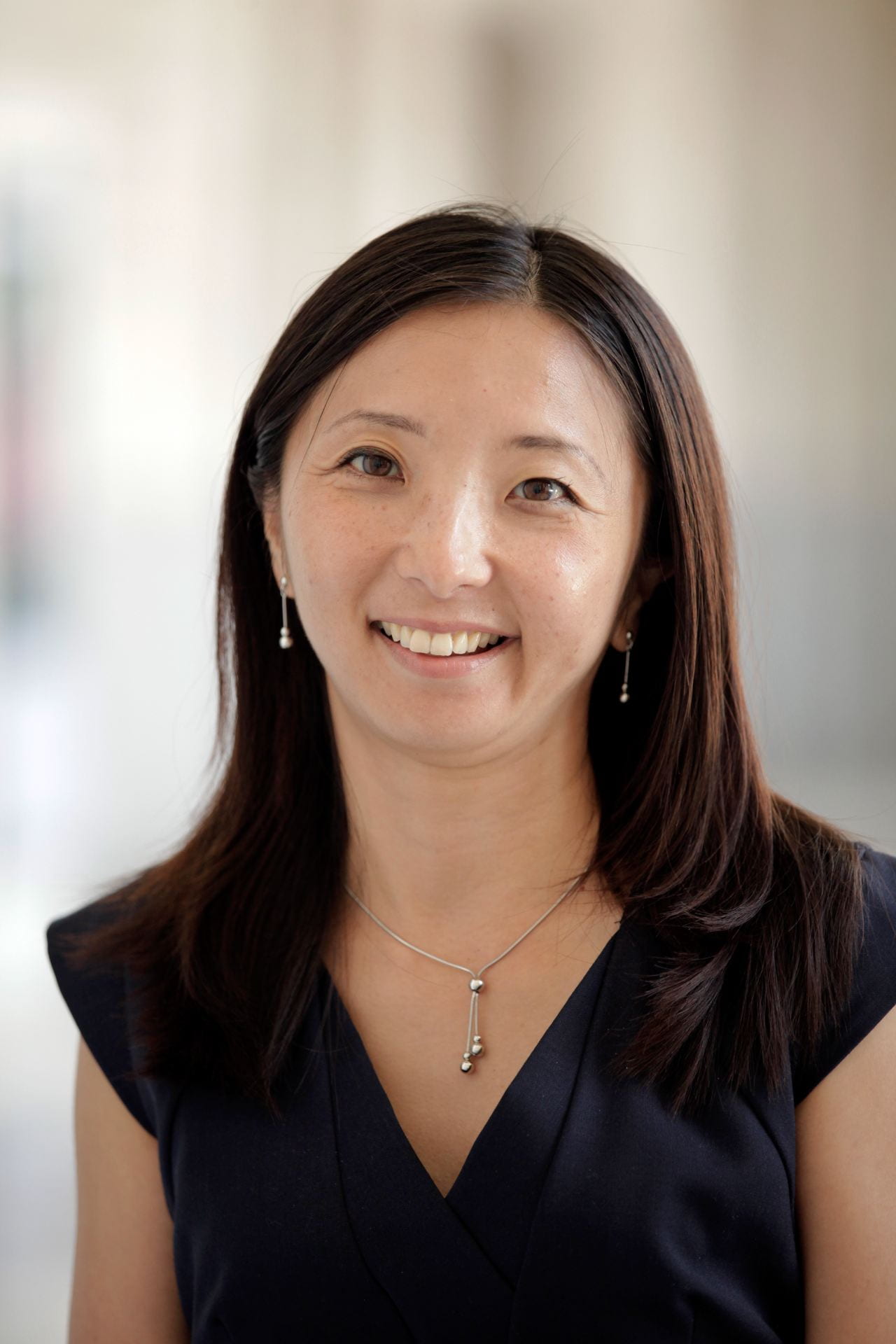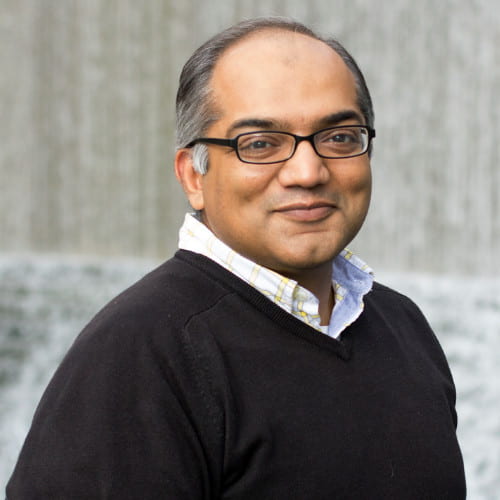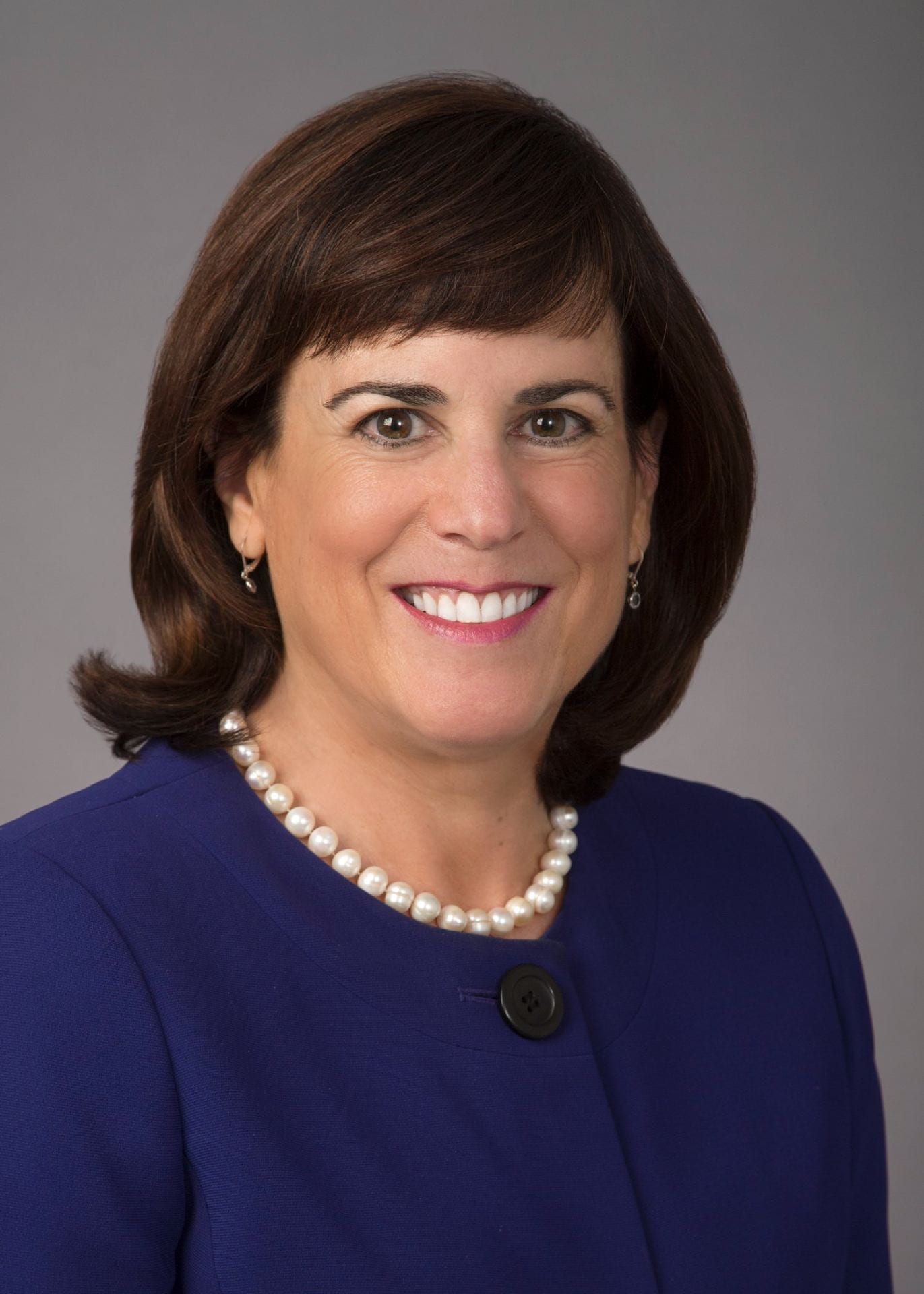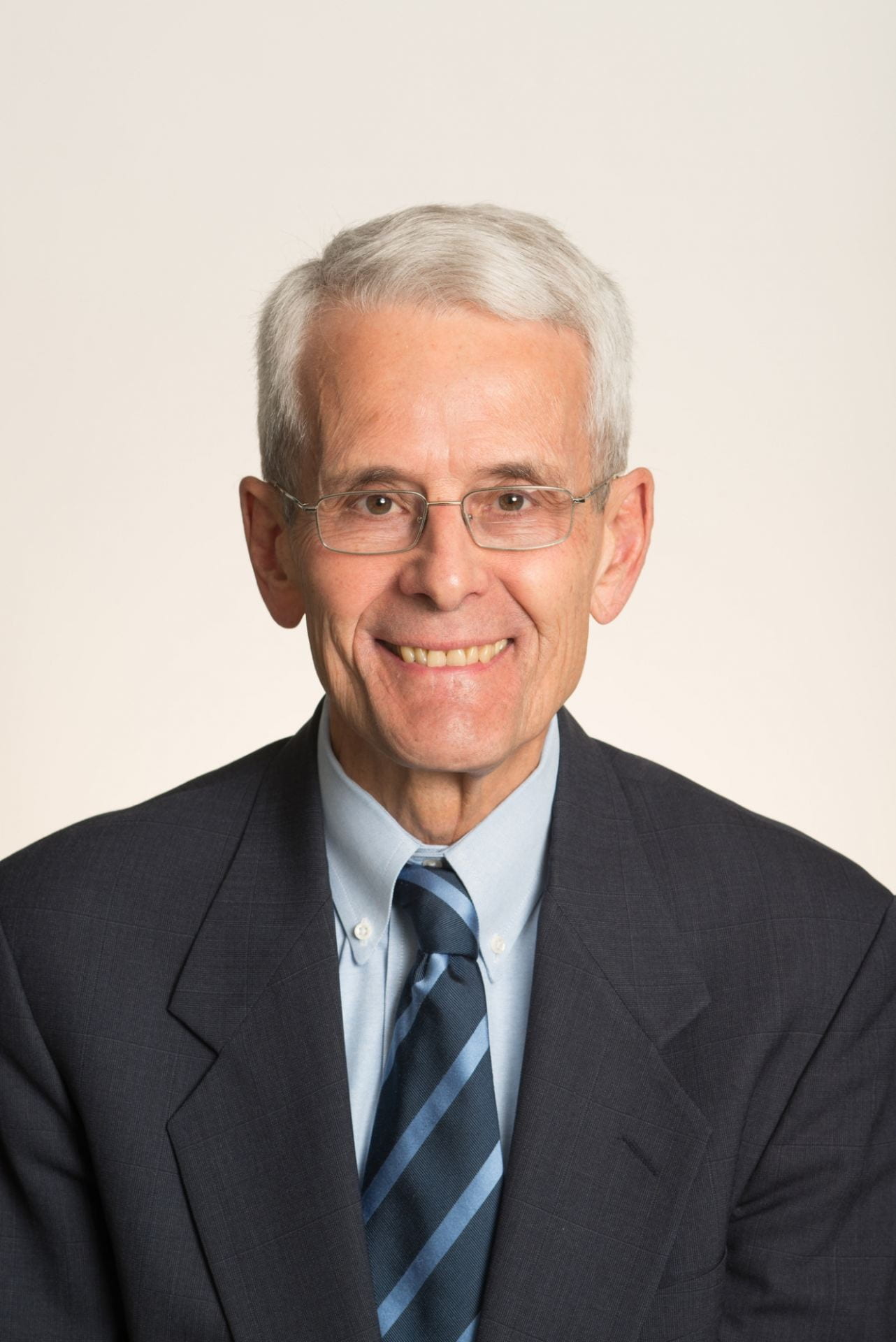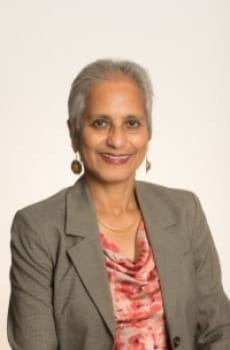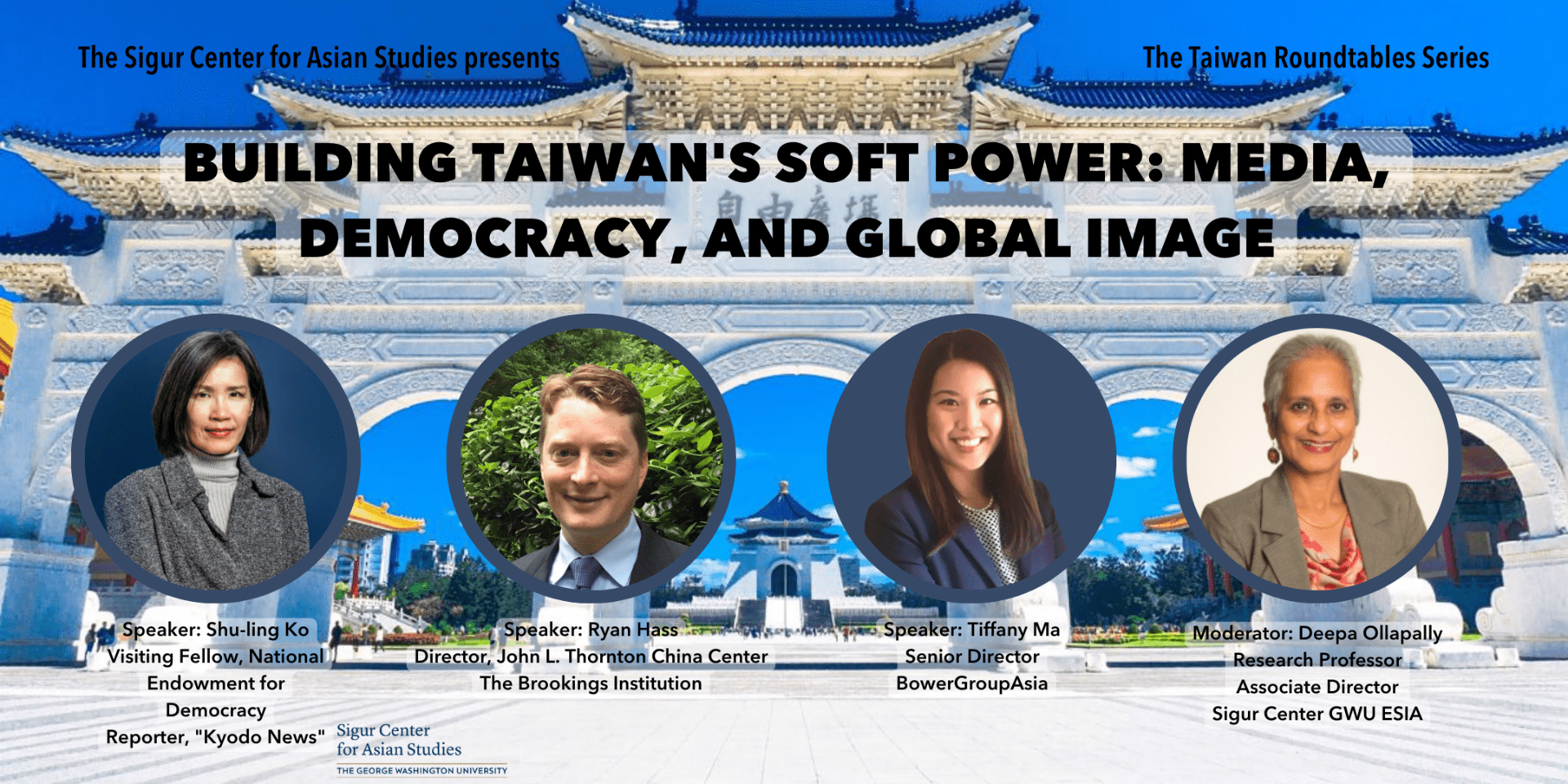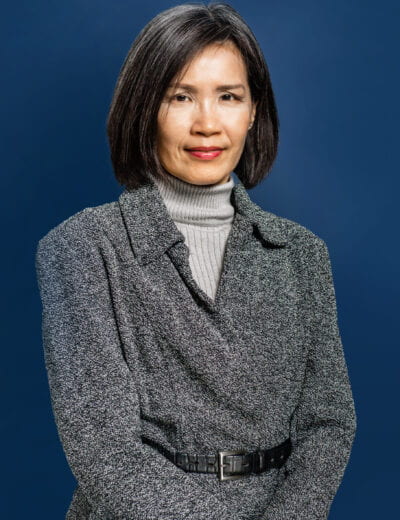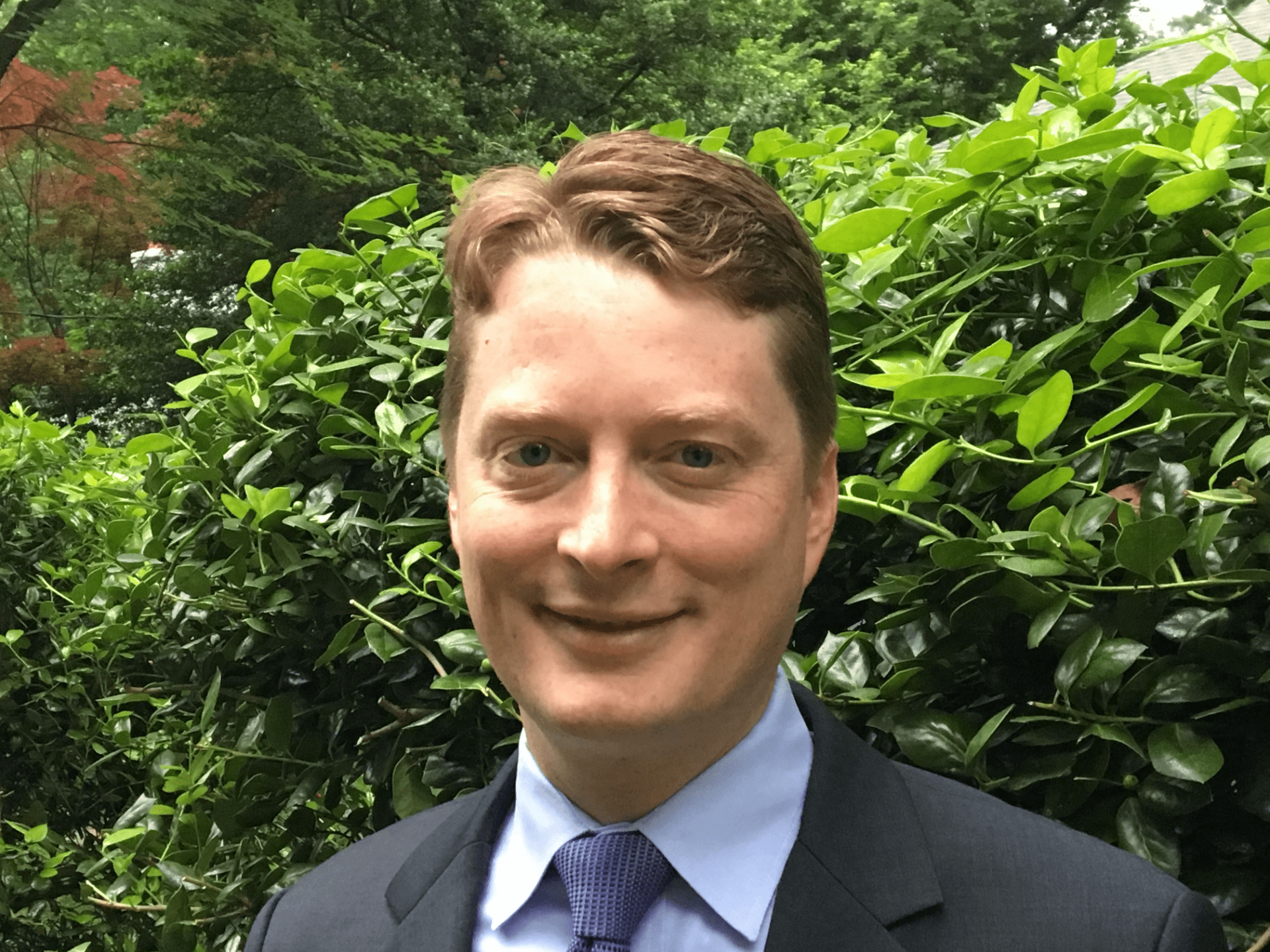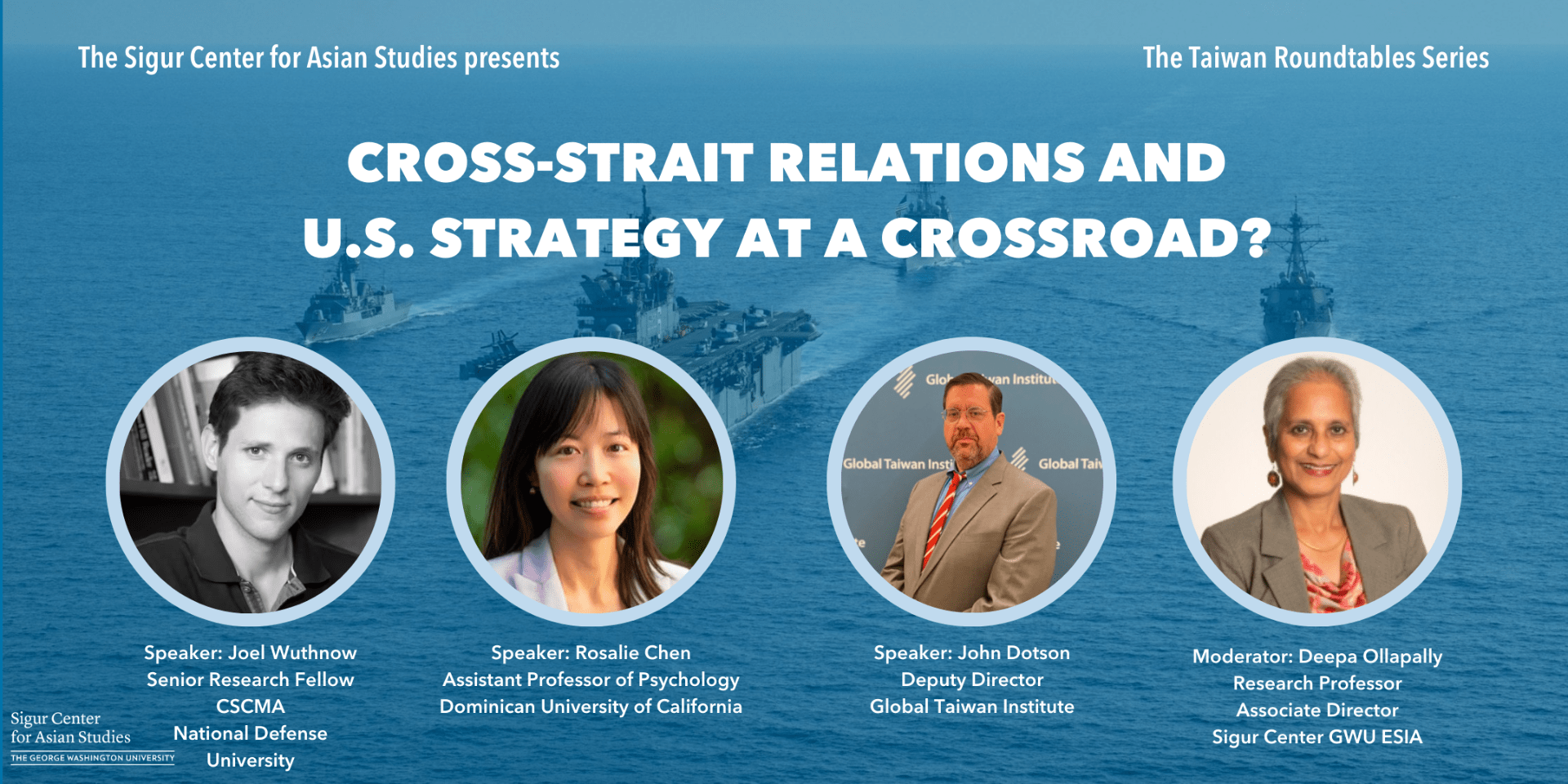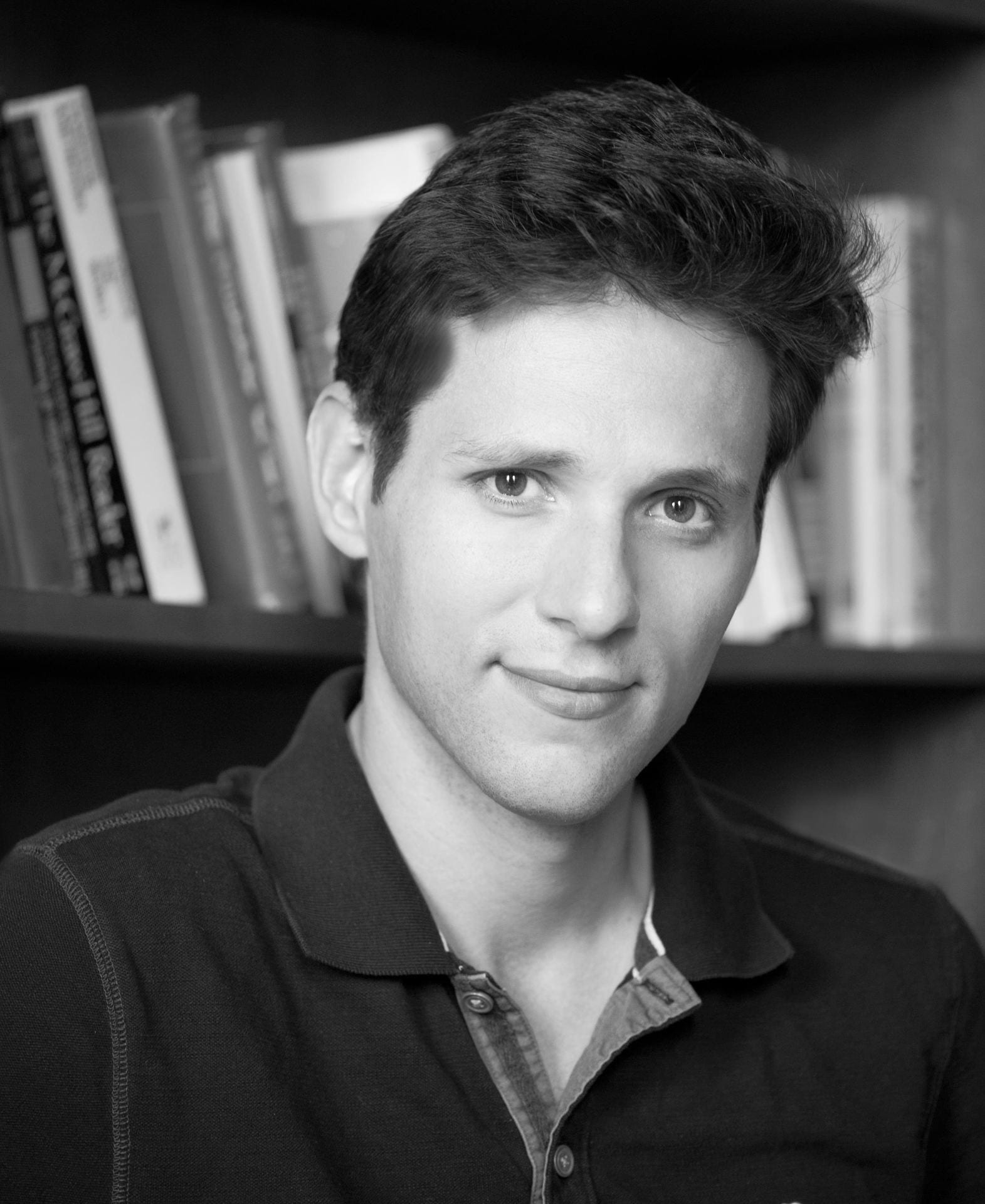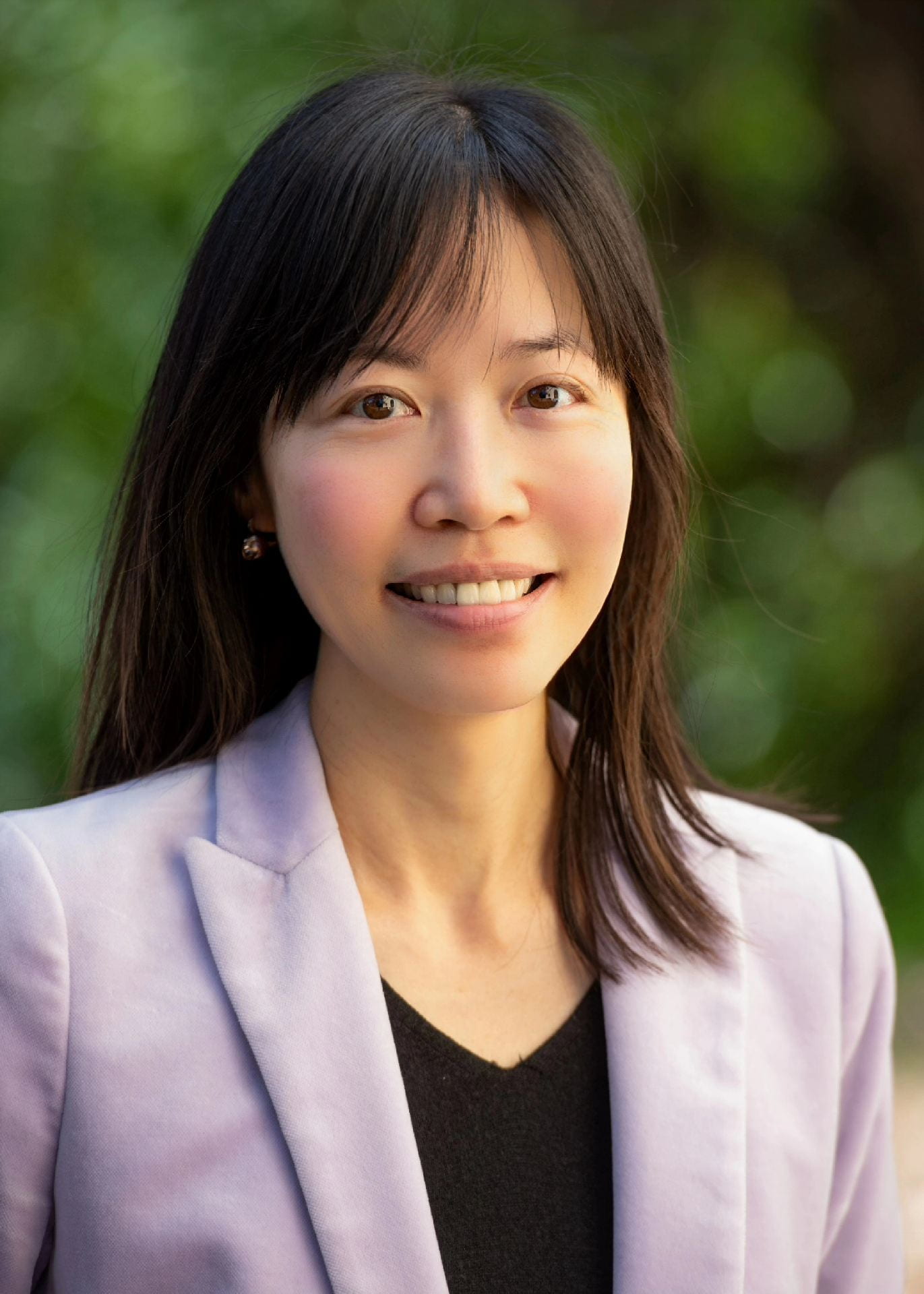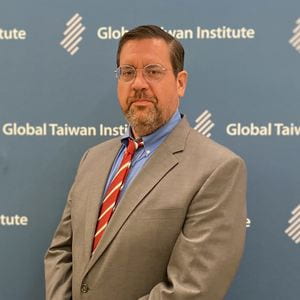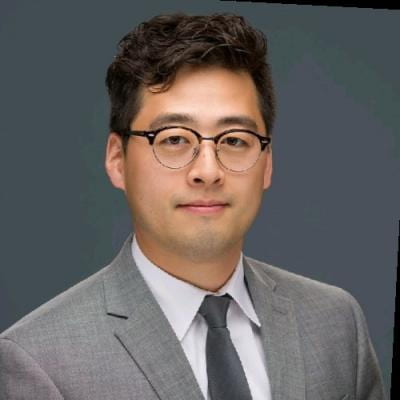Tuesday, September 17th, 2024
1:15 PM – 3:00 PM ET
Room 505
Elliott School of International Affairs
1957 E Street NW Washington, D.C. 20052
Join us for a focused discussion on research from the Stanford Next Asia Policy Lab (SNAPL), exploring the critical intersection of racism and nationalism in Asian contexts. As Asia becomes increasingly central to the global economy and culture, it faces significant challenges, including rising inequality, cultural intolerance, and institutional shortcomings. SNAPL is committed to addressing these issues through interdisciplinary, evidence-based, and policy-relevant research. This event will highlight SNAPL’s discourse analysis of reports submitted by 16 Asian countries to the United Nations’ Committee on the Elimination of Racial Discrimination (CERD). The research investigates how race and racism are conceptualized in these reports, uncovering patterns of “denial” and exploring how these perspectives align with or diverge from those in other global contexts. The discussion will also examine how historical identities and dominant social, political, and religious values shape national understandings of race in Asia. We aim to foster a deeper understanding of racism, often underdiscussed in the region, and promote the critical dialogue necessary for building a socially and culturally mature “Next Asia.” Two distinguished discussants—Dr. Hiromi Ishizawa from George Washington University and Dr. Erin Aeran Chung from Johns Hopkins University—will join us to share their insights, ensuring a lively and engaging conversation on these pressing issues.
Speakers

Gi-Wook Shin is the William J. Perry Professor of Contemporary Korea in Sociology; senior fellow at the Freeman Spogli Institute for International Studies; the director of the Walter H. Shorenstein Asia-Pacific Research Center since 2005; and the founding director of the Korea Program since 2001, all at Stanford University. As a historical-comparative and political sociologist, his research has concentrated on social movements, nationalism, development, democracy, migration, and international relations.
Shin is the author/editor of twenty-five books and numerous articles. His recent books include Korean Democracy in Crisis: The Threat of Illiberalism, Populism, and Polarization (2022); The North Korean Conundrum: Balancing Human Rights and Nuclear Security (2021); Shifting Gears in Innovation Policy from Asia (2020); Strategic, Policy and Social Innovation for a Post-Industrial Korea: Beyond the Miracle (2018); Superficial Korea (2017); Divergent Memories: Opinion Leaders and the Asia-Pacific War (2016); Global Talent: Skilled Labor as Social Capital in Korea (2015); Criminality, Collaboration, and Reconciliation: Europe and Asia Confronts the Memory of World War II (2014); New Challenges for Maturing Democracies in Korea and Taiwan (2014); Asia’s Middle Powers? (2013); Troubled Transition: North Korea’s Politics, Economy, and External Relations (2013); History Textbooks and the Wars in Asia: Divided Memories (2011); South Korean Social Movements: From Democracy to Civil Society (2011); One Alliance, Two Lenses: U.S.-Korea Relations in a New Era (2010); Cross Currents: Regionalism and Nationalism in Northeast Asia (2007); Rethinking Historical Injustice and Reconciliation in Northeast Asia (2006); and Ethnic Nationalism in Korea: Genealogy, Politics, and Legacy (2006). Due to the wide popularity of his publications, many have been translated and distributed to Korean audiences. His articles have appeared in academic and policy journals including American Journal of Sociology, World Development, Comparative Studies in Society and History, Political Science Quarterly, Journal of Asian Studies, Comparative Education, International Sociology, Nations and Nationalism, Pacific Affairs, Asian Survey, Journal of Democracy, and Foreign Affairs.
Shin’s latest book, Talent Giants in the Asia-Pacific Century, a comparative study of talent strategies of Japan, Australia, China, and India, will be published by Stanford University Press in 2025. In Summer 2023, Shin launched the Stanford Next Asia Policy Lab (SNAPL), which is a new initiative committed to addressing emergent social, cultural, economic, and political challenges in Asia. Across four research themes– “Talent Flows and Development,” “Nationalism and Racism,” “U.S.-Asia Relations,” and “Democratic Crisis and Reform”–the lab brings scholars to produce interdisciplinary, problem-oriented, policy-relevant, and comparative studies and publications. In May 2024, Shin also launched the new Taiwan Program at APARC.
Shin is not only the recipient of numerous grants and fellowships, but also continues to actively raise funds for Korean/Asian studies at Stanford. He gives frequent lectures and seminars on topics ranging from Korean nationalism and politics to Korea’s foreign relations and historical reconciliation in Northeast Asia and to talent strategies. He serves on councils and advisory boards in the United States and South Korea and promotes policy dialogue between the two allies. He regularly writes op-eds and gives interviews to the media in both Korean and English.
Before coming to Stanford in 2001, Shin taught at the University of Iowa (1991-94) and the University of California, Los Angeles (1994-2001). After receiving his BA from Yonsei University in Korea, he was awarded his MA and PhD from the University of Washington in 1991.

About the Discussants


Erin Aeran Chung is the Charles D. Miller Professor of East Asian Politics and Director of Undergraduate Studies in the Department of Political Science at Johns Hopkins University. She previously served as founding co-director of the Racism, Immigration, and Citizenship (RIC) Program and director of the East Asian Studies Program at Hopkins, and as co-president of the APSA Migration and Citizenship Section.
Professor Chung specializes in East Asian political economy, comparative citizenship and migration politics, civil society, and comparative racial politics. She is the author of Immigration and Citizenship in Japan (Cambridge, 2010, 2014; Japanese translation, Akashi Shoten, 2012) and Immigrant Incorporation in East Asian Democracies (Cambridge, 2020), which received the 2021 ASA Asia and Asian America Section Transnational Asia Book Award, Honorable Mention for the 2021 APSA Migration & Citizenship Section Book Award, and the 2021 Research Excellence Award from the Korea Ministry of Education and the National Research Foundation of Korea. She was awarded a five-year grant from the Academy of Korean Studies (AKS) to support the completion of her third book project on Korean Diasporic Citizenship: Three Tales of Political (Dis)Incorporation in the United States, Japan, and China.
Professor Chung is currently serving as co-editor of the Politics and Society of East Asia Elements series at Cambridge University Press and as founding co-director of the Initiative on Critical Responses to Anti-Asian Violence (CRAAV) at Hopkins. She has been a Mansfield Foundation U.S.-Japan Network for the Future Program Scholar, an SSRC Abe Fellow at the University of Tokyo and Korea University, an advanced research fellow at Harvard University’s Weatherhead Center for International Affairs Program on U.S.-Japan Relations, and a Japan Foundation fellow at Saitama University. At Hopkins, Professor Chung teaches undergraduate courses on Japanese, Korean, East Asian, and Asian American politics and graduate courses on civil society, citizenship and immigration politics, the political economy of development, democratization, and comparative racial politics.







